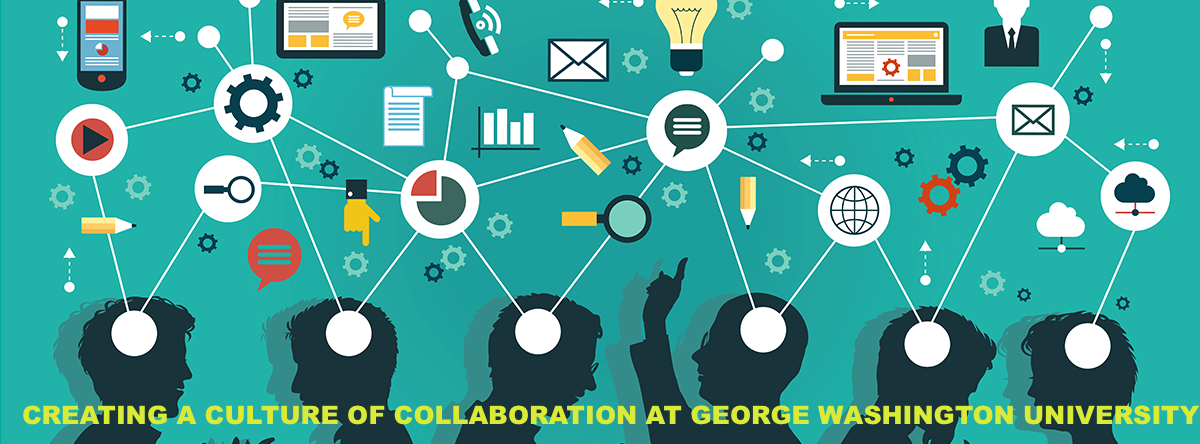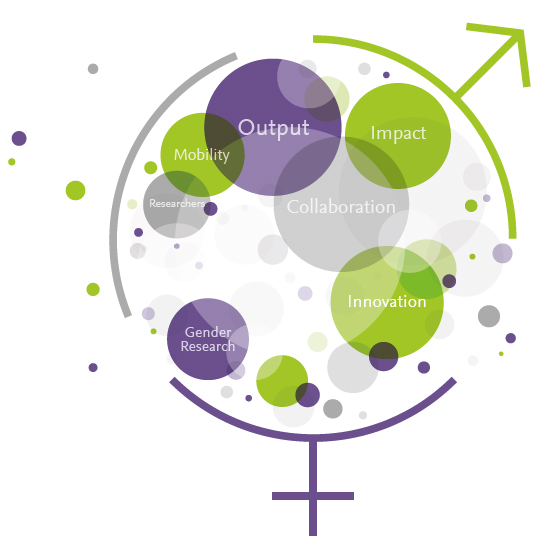You can now access three new resources through the C3@GWU website under the resources tab.
Science-of-Team-Science Mendeley Group Forum: A collaborative forum and extensive reference library to promote cross-disciplin ary and inter-professional knowledge transfer around team science, scientific collaboration, and the science of team science research, a powerful evidence-base for effective practices.
ary and inter-professional knowledge transfer around team science, scientific collaboration, and the science of team science research, a powerful evidence-base for effective practices.
Team Science Toolkit: An interactive website to help you support, conduct and study team-based research
COALES CE: CTSA Online Assistance for Leveraging the Science of Collaborative Effort Solutions to complex problems in the sciences require teams of specialists from diverse backgrounds working across the boundaries of disciplinary silos. The COALESCE project aims to create, evaluate, and disseminate new, durable, readily accessible on-line learning resources to enhance skills needed to perform transdisciplinary, team-based translational research. Diverse audiences, including senior investigators, junior investigators, and institutional development officers can benefit from tools designed to help envision how transdisciplinary collaboration can work and overcome the inevitable communication challenges that arise when working in multidisciplinary teams. All content presented in the modules is grounded in empirical research and theory about the science of team science (SciTS), and the experts interviewed are well-published in that domain. The four modules are intended to help researchers acquire and apply a basic knowledge of team science. Modules 2-4 afford an experiential learning environment where the researcher can adopt different roles and engage virtually in the challenges of team research.
CE: CTSA Online Assistance for Leveraging the Science of Collaborative Effort Solutions to complex problems in the sciences require teams of specialists from diverse backgrounds working across the boundaries of disciplinary silos. The COALESCE project aims to create, evaluate, and disseminate new, durable, readily accessible on-line learning resources to enhance skills needed to perform transdisciplinary, team-based translational research. Diverse audiences, including senior investigators, junior investigators, and institutional development officers can benefit from tools designed to help envision how transdisciplinary collaboration can work and overcome the inevitable communication challenges that arise when working in multidisciplinary teams. All content presented in the modules is grounded in empirical research and theory about the science of team science (SciTS), and the experts interviewed are well-published in that domain. The four modules are intended to help researchers acquire and apply a basic knowledge of team science. Modules 2-4 afford an experiential learning environment where the researcher can adopt different roles and engage virtually in the challenges of team research.



